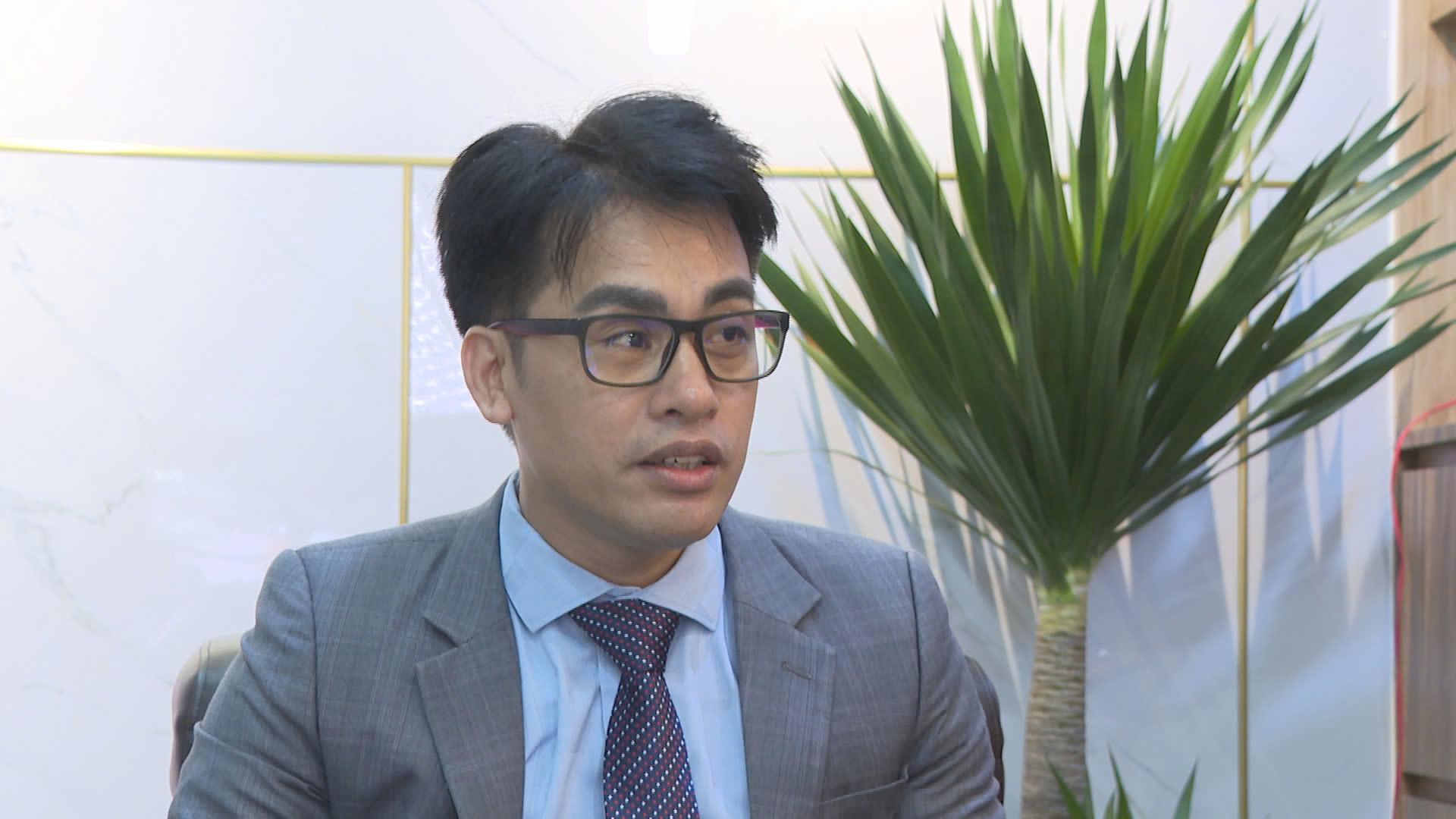In recent news, the management board of the Conic Southeast Asia apartment building in Binh Chanh District, Ho Chi Minh City, has been fined over VND 119 billion for tax evasion of more than VND 453 million. This has sparked discussions among the public.
The fine was imposed due to the board’s failure to issue 7,260 invoices for providing services to residents, with the aggravating factor being that this was a repeated offense. In addition to the monetary penalty, the authorities have also ordered the management board to rectify the situation by issuing the missing invoices and distributing them to the residents.

Conic Southeast Asia Apartment Building.
According to Mr. Dinh Minh Tuan, Southern Region Director of Batdongsan.com.vn, it is not uncommon for businesses or individuals to be penalized for tax violations. However, the hefty fine imposed on the management board of the Conic apartment building has raised eyebrows due to two notable points.
First, the administrative fine of up to VND 120 billion is an extraordinarily large amount compared to similar cases. Second, the entity being penalized is not just a business or an individual entrepreneur, but the management board of a residential building.
Mr. Tuan pointed out that this incident raises several questions. Where will the VND 119 billion come from? The decision only mentions the main reason for the fine, which is the board’s failure to issue invoices for providing water services to residents, without addressing the underlying cause—the repeated nature of the offense, with each violation carrying a fine of VND 10-20 million. The cumulative effect of these violations resulted in the staggering fine.
Another question that arises is, what is the maximum tax penalty possible? According to Mr. Tuan, the fine imposed is larger than the total revenue from providing water services to the entire apartment building over three years. This means that for an invoice worth VND 2 million, the fine for not issuing it is VND 20 million, which is ten times the original value. This case illustrates the increasing tax risks faced by individuals and organizations.
So, in which cases must invoices be issued? According to tax regulations, invoices must be issued when providing goods or services to a customer. However, in practice, many transactions made in cash or by bank transfer, such as dining, real estate brokerage, online sales, and design services, are not accompanied by invoices. Mr. Tuan cautioned that the tax authorities have ways to detect these unreported transactions.
He provided an example to illustrate the potential risks: “If a company provides catering services to 1,000 people per month without issuing invoices, the potential fine could be as high as VND 20 billion (1,000 people x VND 20 million per violation).”
According to Article 200 of the 2015 Criminal Code (amended and supplemented in 2017), individuals who commit tax evasion will be criminally liable if the amount of evaded tax exceeds VND 100 million. The penalty can range from three months to one year of imprisonment, depending on the severity of the violation and other related circumstances.
To check if you have any outstanding tax liabilities, Mr. Tuan recommended using the eTax Mobile app, which can be downloaded from CH Play/App Store. Users can log in using their tax code or VNeID, access the utilities section, and check their tax obligations. This will show any outstanding amounts that need to be paid.
As a tax consulting firm, Mr. Nguyen Van Duoc, CEO of Trong Tin Tax Consulting Company Limited, offered his perspective on the tax penalty imposed on the apartment management board for their failure to issue invoices. He outlined two possible scenarios for such a situation.

Mr. Nguyen Van Duoc, CEO of Trong Tin Tax Consulting Company Limited.
In the first scenario, if an organization commits the same administrative violation repeatedly at different times (multiple offenses), the tax authority will impose a fine for one violation with aggravating circumstances. In this case, the repeated failure to issue invoices for providing services would be considered a single violation with aggravating circumstances.
In the second scenario, each instance of the management board’s failure to issue an invoice when providing a service would be considered a separate violation, and the tax authority would apply the “each violation” approach. If there are multiple violations, the fines for each violation would be accumulated, taking into account any aggravating circumstances. Mr. Duoc noted that the nearly VND 120 billion fine indicated that the tax authority applied the second scenario, penalizing each individual violation.
Mr. Duoc further commented that the conclusion of the accusation and the comparison with the above regulations showed that the violation had caused a loss of over VND 453 million in tax revenue, but the administrative fine was nearly VND 120 billion.
“Such a high penalty puts immense pressure on the violator (business or taxpayer), making it impossible to comply with the administrative penalty decision. This could lead to the failure to achieve the intended goals of administrative violation handling. Additionally, it may result in the non-enforcement of administrative penalty decisions within the 12-month time limit as stipulated,” Mr. Duoc expressed his concern.
Charging and Issuing Residential Surveillance: The Case of Thieu Thai Ha and Nguyen Thi Men
The Bac Giang Provincial Police Investigative Agency has taken legal action by initiating a criminal case and prosecuting two defendants, Thieu Thai Ha and Nguyen Thi Men, for illegal invoice trading. The defendants have been placed under residence surveillance as the investigation unfolds.
The Ultimate Guide to Mastering E-commerce and Social Media Sales: Strategies for Success in the Digital Age
Vice Prime Minister Nguyen Hoa Binh has ordered a strict crackdown on cross-border e-commerce platforms, especially those dealing in low-cost transactions, as well as popular social media sites like Facebook, Zalo, and TikTok, which are often used for online trading and commerce. He emphasized the need to closely monitor major wholesale markets, shopping centers, agencies, and e-commerce platforms to ensure compliance with regulations.
“The $740 Million Tax Fraud: Prosecuting 38 Perpetrators in a Major Invoice Scandal”
Mr. Nguyen Dang Thuyet, the CEO of Thanh An Hanoi Limited Company, and 37 accomplices have been indicted on charges of illicitly trading over 19,000 fake invoices, resulting in a staggering tax loss of more than VND 740 billion. The accused are alleged to have colluded in this elaborate scheme, causing significant financial damage to the state treasury.





















